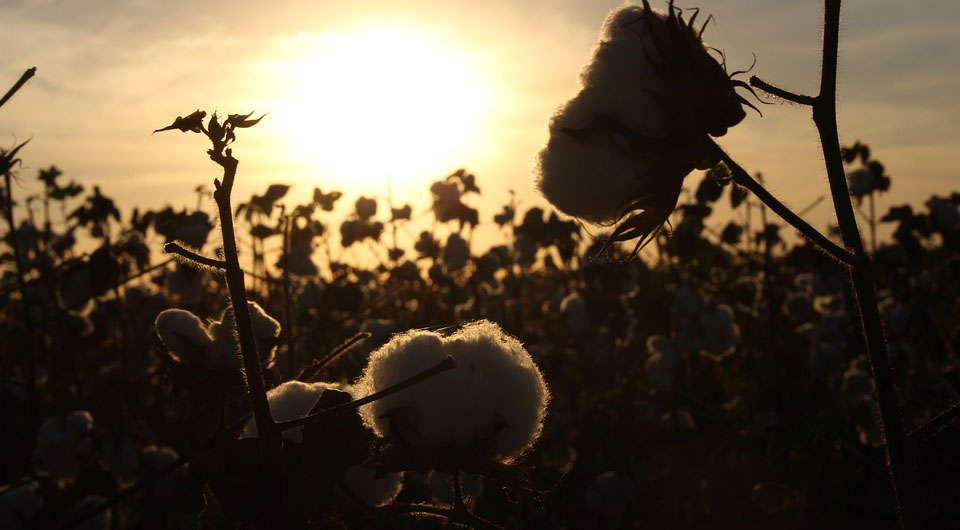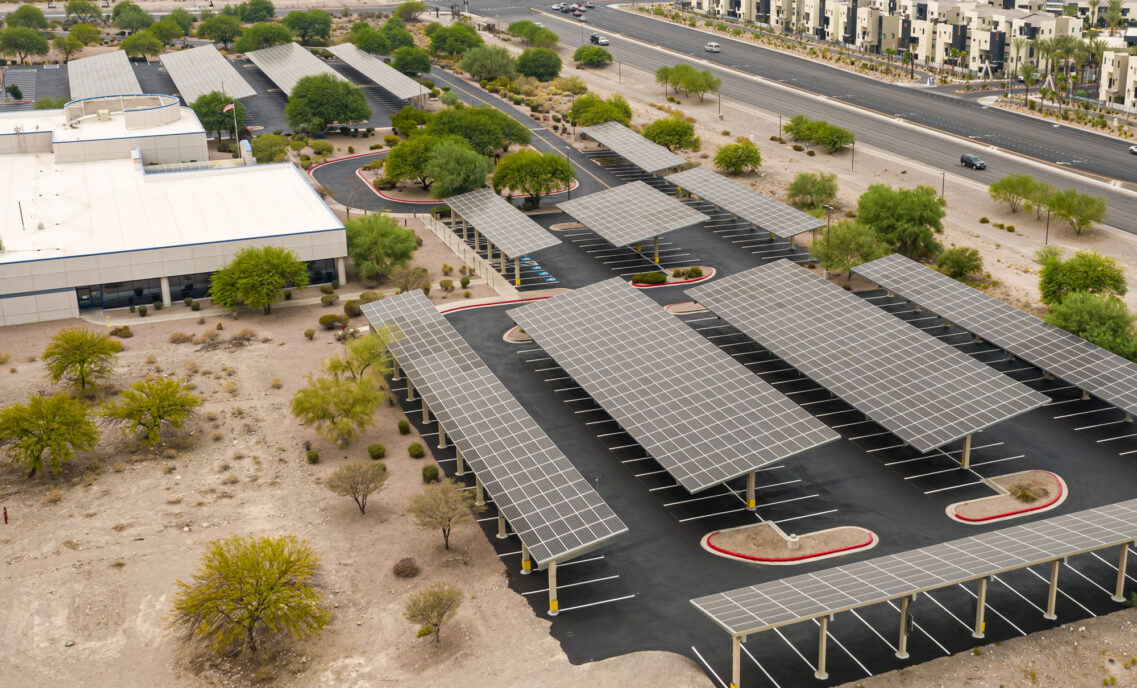Levi Strauss & Co. believes that how we make our product is as important as what we make.
One way that belief comes to life? Better Cotton.
LS&Co. has been getting a lot of attention lately for our Worker Well-being initiatives designed to improve the lives of factory workers. But we also know that the push to be better starts before anything comes through the factory doors – it starts back at the farm.
That’s why LS&Co. is a proud pioneering member of the Better Cotton Initiative, which promotes the use of cotton farmed to higher environmental, social and economic standards. Each year, we’ve been increasing the percentage of Better Cotton we source. In 2016, we did even better than predicted, using 21 percent Better Cotton instead of the targeted 17 percent.
That means that through the Better Cotton Initiative, our cotton suppliers used an average of 11 percent less water, 12 percent less pesticide, and 16 percent less synthetic fertilizer than their peers last year. Overall, the initiative benefited more than 1.4 million farmers –who saw higher than average profits and cotton yields
LS&Co. was also one of the top-five buyers of Better Cotton last year, which helped drive sales of the sustainably produced fiber. As a result, Better Cotton represented more than 12 percent of all cotton grown in the world.
And we’re not stopping there. In 2017, our goal is for Better Cotton to comprise 30 percent of our total fabric volume. By 2020, we aim to use 100 percent sustainable cotton, including 95 percent Better Cotton, plus a mix of organic cotton and recycled cotton.
It’s a natural partnership, given the LS&Co.’s broad support of more sustainable approaches to making clothes, including our innovative Water<Less™ process, which dramatically reduces the amount of water used to make our clothes.
The Better Cotton Initiative was established formally in 2009, offering in-the-field training and support to help farmers reduce their environmental impacts while increasing efficiency and productivity. It employs six principles governing pesticide use, water efficiency, soil management, habitat conservation, fiber quality and labor standards.
Read personal stories from the Better Cotton farmers around the world who are helping transform the way cotton is farmed.







